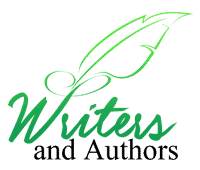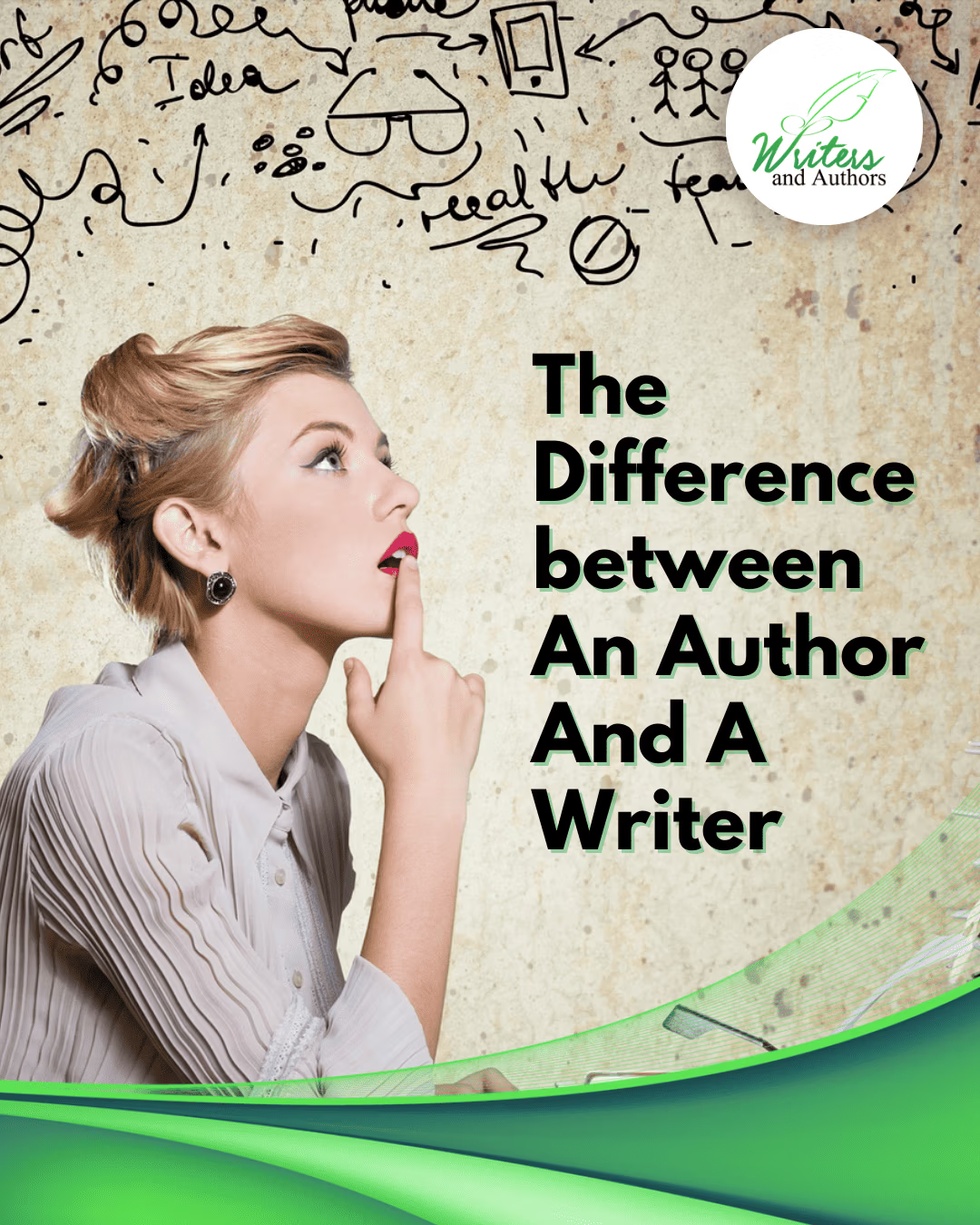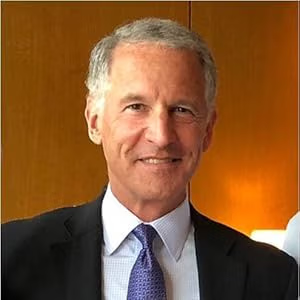
The Difference between an Author and a Writer
Are you a writer or an author? This question has muddled many professionals who are debating upon its differences projecting their individual perspectives. Some says that the terms- writer and author are interchangeable while others have a totally different idea about it. If you look for its meaning in a dictionary, you will find out that:
A Writer Is the One Who Writes-
- Like an Author Or
- For Stock Options
- Composes Literary Work
- Originate a Creative Idea or Plot
Well, it is a bit confusing. As according to the dictionary, writer and author are kind of synonyms of each other, which on practical grounds is not the case. There seems to be a huge difference between these two overly misunderstood terms. It’s imperative for you to know the difference if you are planning to make it your profession. You must know who you are by profession. If you want to discover the truth of the matter or to solve the mystery, keep reading.
Let’s find out what the different authors and professionals have to say about the distinction.
Dean Wesley
Dean Wesley in his book, the “Heinlein’s Rules: Five Simple Business Rules for Writing”, highlighted his belief about the writer saying that:
“My definition of a writer is a person who writes.”
My definition of an author is a person who has written.”
As confusing as it sounds so was his hypocritical tone in his book stating authors to be self-promoters. He presented a sort of angry distinction, which is also evident from an extract of his book:
“Promotion is not writing. That’s just being an author.”
“Writers are people who write.”
If you boil it down it can be written like this:
Author = Artist, Writer = Craftsman?
Roland Barthes
Roland Barthes composed an essay, “The Death of the Author” in which he took the similar route to Smith’s perspective. He put his opinion in such a way that it separates an author from the art, which is writing:
“. . . it is language which speaks, not the author: to write is to reach, through a preexisting impersonality—never to be confused with the castrating objectivity of the realistic novelist—that point where language alone acts, “performs,” and not “oneself.”
Jami Gold
Jami Gold spoke about this controversial distinction in her blog “Do You Call Yourself a Writer or an Author?” She claimed that:
“But I want people’s first impression of me to be that I’m a professional writer and take my work seriously, so I claim the title of “author” in the header of my website. I am a writer because I write, but “author” embodies my goals, my actions, and my attitude toward writing. So I swallow the self-doubt that plagues most of us writers and strives to live up to the word “author.”
Well after reading the above statements, the equation comparing an author with a writer turns out to be this:
Author = Expert Writer, Writer = Aspiring Author?
Something is still unclear. As an author now can be called as a writer having an artistic pretention whereas a writer is an expert without ego.
If you, rather taking a nose-dive into this extremely complicated analysis to pen down the major differences, focus on the professional life of the most renowned author J.K Rowling, you will be able to draw up a conclusion.
The most read and watched a series of Harry Potter Books highlighted the outbound success of the author- J.K Rowling. Her work is a true depiction of creativity and brief imagination. She has introduced many prominent characters and has made the childhood amazing over the years. However, soon after completing her series of books and generating billions of revenues she published two different novels namely: The Cuckoo’s Calling and The Casual Vacancy. Why would she choose to write on different subjects or genre when Harry Potter had brought billions to her bank account?
Well, the reason lies in the fact that the author is self-oriented professionals while the writers are service-oriented.
An author simply narrates his imagination and ideas in words irrespective of whether it will please the readers or not. He composes his work in which every genre or style he likes. In short, he pleases his own self rather pleasing the readers or the audience. Their work promotes them while a writer promotes the work.
The authors pay attention is shaping the plot in a way that they do justice to the character. They strive to bring out the personality of each character while composing the plot appropriately.
On the other hand, writes make the audience their center of attention. Writes follow the trends while the author sets new standards. Writers are smart professionals who keep one eye on the evolving market trends and another one of the preferences of the target audience. Their work is purely according to the needs and demands of the market and its customers.
Writers can be professional ghostwriters who compose work for different organizing and companies in order to strengthen their clientele of brand recognition. Writers have fixed pay rates for their work and they have to strive hard every time to earn each penny. Whereas, an author if succeeded in composing a remarkable novel can predict accumulation of millions and dollars from all around the world with sponsorships and uncountable benefits. There is a great deal of differences, which you can discover just by understanding the distinction between the two terms.
Wrap Up
The writer and an author, both are equally respectable. You cannot look down upon any of them or elevate the status based on your perspective. The purpose of the discovery to state the difference was just to highlight the fact that these two terminologies are neither synonyms nor interchangeable. These two have their individual attributes and distinction. The terminologies work for different agenda and depict the personalities along with the nature of the work of two different professionals.
 Guest Blogger
Guest Blogger
Lara Hawkins is a talented writer who holds a deep interest in nonfiction writing. She with her unique capabilities to compose impactful stories has worked with many reputed companies. Beck loves to write and her passion to discover new possibilities has enriched her work with great flair.






















One Response
I distinguish the two, as I have been both, as this: when I was a journalist I was a writer, because I conveyed facts and information.
Now I am an author, because I am writing for the love of words, plot, character, and place. Imagination and spirit have replaced factual data.